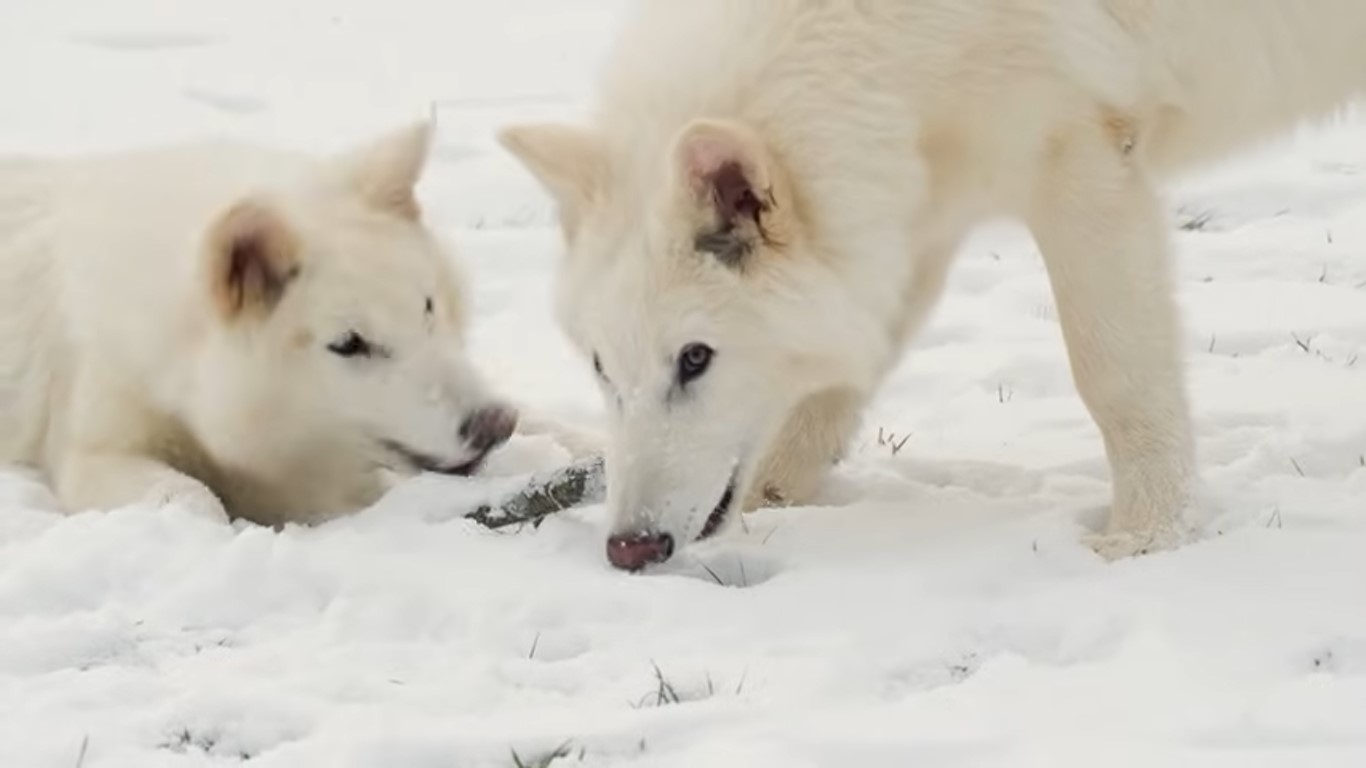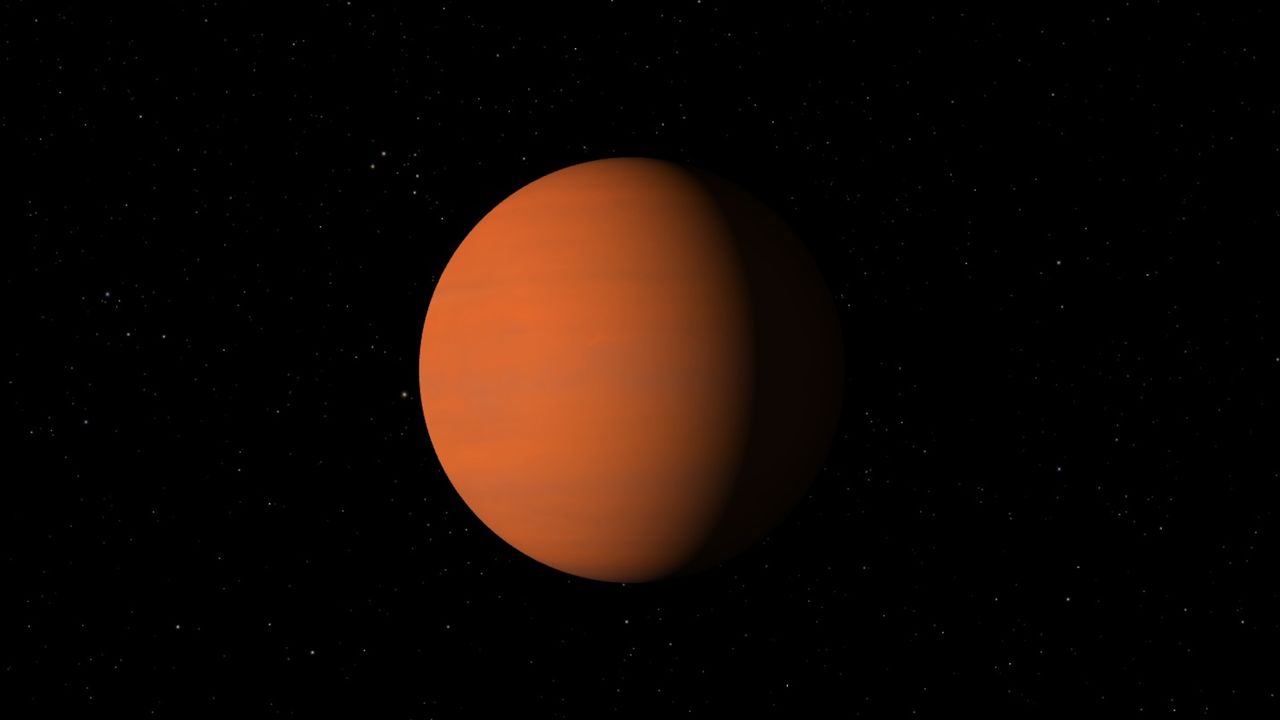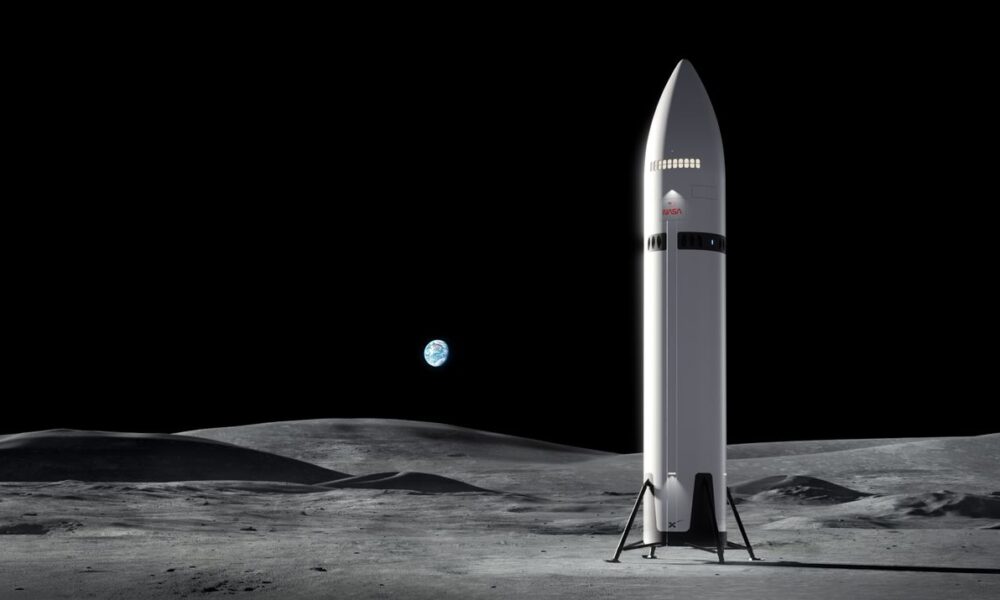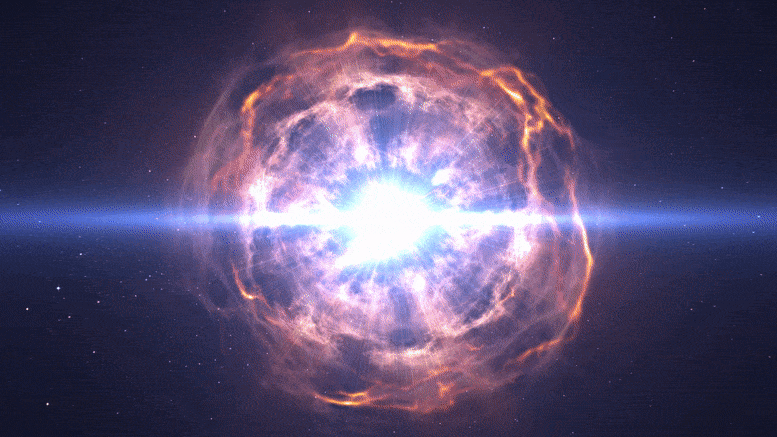Colossal Biosciences, a biotechnology company based in Dallas, has announced its first acquisition, purchasing ViaGen Pets & Equine, a Texas-based firm specializing in animal cloning and genetic preservation. The acquisition, confirmed by both Business Wire and The Austin American-Statesman, represents a significant expansion of Colossal’s technical and commercial capabilities in the field of genetics. ViaGen will continue to function as a subsidiary under its existing leadership.
Ben Lamm, co-founder and CEO of Colossal, expressed enthusiasm about the acquisition, stating, “ViaGen’s expertise in cloning and genome preservation accelerates our mission to restore lost biodiversity. Together, we’ll advance the frontiers of de-extinction science while expanding applications in conservation and animal health.” This acquisition aligns with Colossal’s ambitious goal to revive extinct species such as the woolly mammoth and the dodo bird.
The move comes on the heels of substantial growth for Colossal Biosciences. Earlier this year, the company secured $200 million in Series C funding, valuing it at approximately $10.2 billion. An additional funding round of $120 million was announced in September, bringing the total funding raised to more than $550 million. This capital will support ongoing projects, including efforts focused on avian genomics aimed at revitalizing the dodo.
Expanding Genetic Frontiers
Colossal currently leads three high-profile projects aimed at reviving extinct species. These include the woolly mammoth, utilizing cold-resistant Asian elephants, the Tasmanian tiger (thylacine), and the dodo through advanced genetic reconstruction. Recently, the company reported success in creating genetically engineered “woolly mice,” which incorporate mammoth-like traits as a proof-of-concept for future mammoth embryos. Additionally, Colossal celebrated the first birthday of two canids, nicknamed Romulus and Remus, engineered to exhibit traits of the extinct dire wolf.
The acquisition of ViaGen extends Colossal’s reach into the commercial animal genetics sector. ViaGen has been operating for over two decades, providing cloning services for pets, horses, and endangered species, under both U.S. and international regulatory oversight. Analysts suggest that this acquisition could allow Colossal to diversify its revenue sources beyond de-extinction research. “Pet cloning is already a functioning market,” noted one industry observer. “It gives Colossal a revenue stream and access to real-world cloning infrastructure.”
Colossal Biosciences has also gained recognition, being named to the TIME 100 Most Influential Companies of 2025, signifying its growing impact within biotechnology and conservation communities.
Controversies and Ethical Considerations
Despite its advancements, Colossal’s work has drawn criticism. Detractors argue that creating hybrid analogues of extinct species—rather than genetically identical replicas—raises significant questions about the nature of true de-extinction. One evolutionary biologist stated, “You can’t bring back a species just by making another animal look vaguely similar.” Concerns have also been raised by ethicists and conservationists regarding the ecological and moral risks involved in integrating engineered species into contemporary ecosystems.
Colossal maintains that its technology will enhance conservation efforts rather than replace them. The company emphasizes its commitment to genetic rescue initiatives for endangered animals and aims to foster biodiversity restoration. Supporters argue that breakthroughs in genome editing and reproductive biology could yield profound benefits for wildlife conservation and biomedical research.
The acquisition of ViaGen signals Colossal’s transition from an ambitious startup to a significant player in the global genetics landscape, focused on the intersection of science, conservation, and commercial sustainability. As the company continues to develop its capabilities, the implications of its work in both the scientific and ethical domains will remain under scrutiny.







